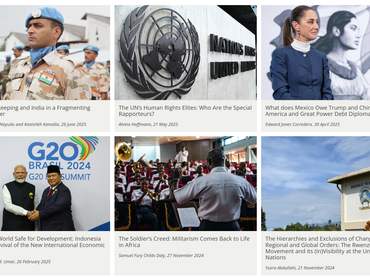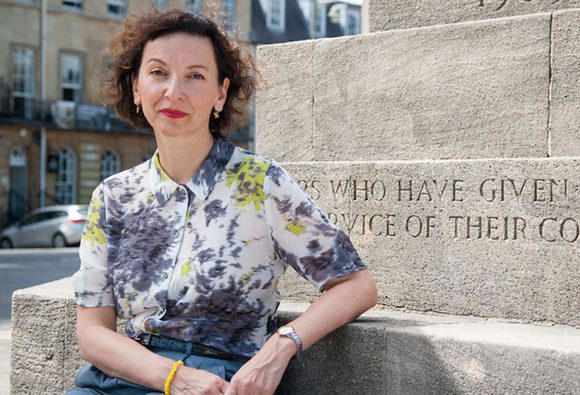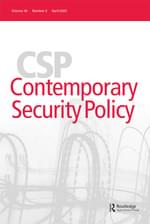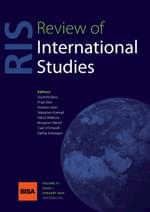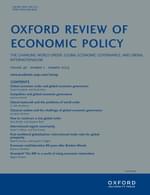Co-Directors of Changing Global Orders Programme in Berlin for policy meetings
Programme Co-Directors Patricia Clavin and Andy Hurrell are co-Chairs of the Global (Dis)Order international policy programme, a joint initiative of the British Academy and the Carnegie Endowment for International Peace. Its intention is to generate fresh insights and creative thinking for the awareness of and uptake by policymakers and practitioners.

